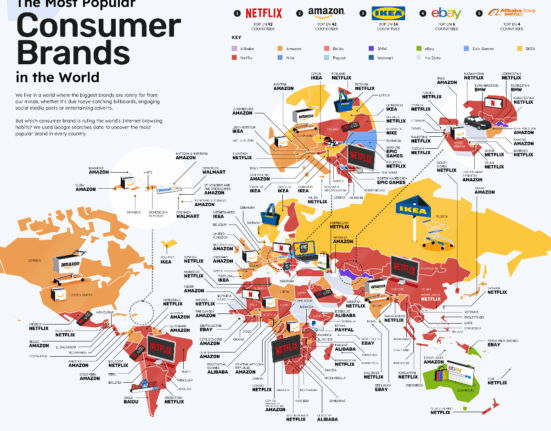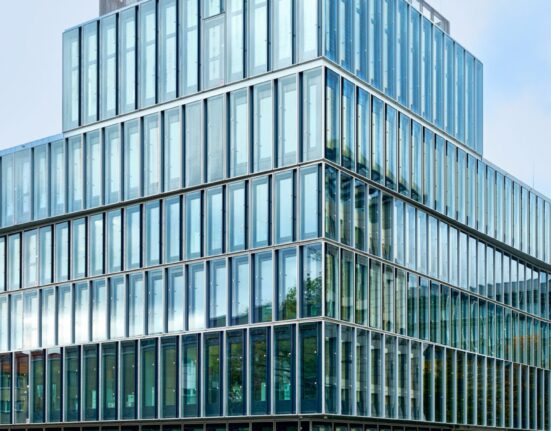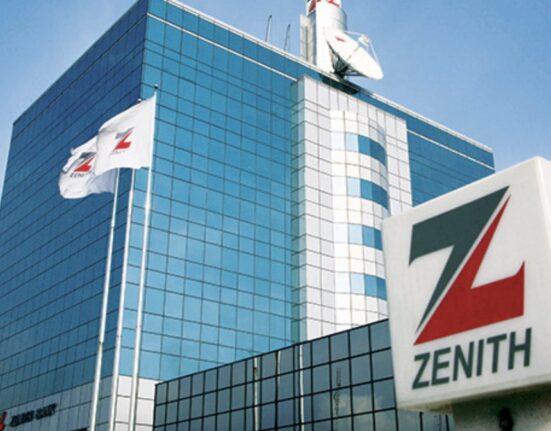The Nigerian buy-now-pay-later (BNPL) market is abuzz with excitement as it rides a wave of growth, set to surge from $1.42 billion in 2024 to a projected $2.61 billion by 2030. This upward trajectory is fueled by the rapid expansion of financial technology (fintech) companies, strategic collaborations, and supportive regulatory frameworks.
Imagine a bustling market where consumers can make purchases and defer payment until later, transforming the traditional credit landscape of Nigeria. With fintechs leading the charge alongside retailers, regulators, and service providers, BNPL is emerging as a powerful tool for enhancing financial inclusion across the country.
According to analysts, Nigeria’s BNPL market has been growing steadily at a rate of 13.8 percent annually. By 2025, it is forecasted to reach $1.62 billion, marking a significant milestone in reshaping how Nigerians access credit. The period between 2021 and 2024 witnessed an impressive compounded annual growth rate (CAGR) of 23.1 percent, with expectations of maintaining a solid 10 percent CAGR from 2025 to 2030.
Deji Olowe, CEO of Lendsqr, shared insights into the challenges and opportunities within the BNPL ecosystem:
“The integration of the buy-now-pay-later model has always been there… This model is not for those who don’t have regular jobs because it will be demanding in case of default.”
Olowe highlighted concerns around default risks faced by sellers and limitations imposed by traditional banking institutions on offering BNPL services.
One key development that promises to enhance loan recovery efforts within the BNPL space is the introduction of Global Standing Instruction (GSI) by the Central Bank of Nigeria (CBN). This mechanism enables banks to retrieve overdue loan payments directly from borrowers’ other accounts without requiring separate consent—a game-changer for improving credit management practices.
Strategic partnerships play a pivotal role in expanding BNPL services throughout Nigeria. For instance, collaborations like Jumia’s alliances with BNPL providers are instrumental in broadening access to deferred payment options across diverse consumer segments. Uzo Uchenna, a professor of marketing at Lagos Business School emphasized the importance of responsible customer segmentation:
“Consumers welcome payment solutions that allow them to delay payments but there is a need to manage who gets access… Not every consumer should have access… Some may love the service but lack income stability.”
Despite challenges encountered along the way, EnterpriseNGR’s State of Enterprise report paints an optimistic picture for Nigeria’s BNPL sector; anticipating over an astounding 83 percent growth within six years driven by fintech innovations and evolving consumer preferences towards flexibility in payment methods.
With economic pressures looming and consumers increasingly seeking adaptable payment solutions amidst volatile conditions, BNPL stands poised as a transformative force within Nigeria’s financial services landscape. Uchenna reiterated that success hinges on conducting thorough due diligence:
“BNPL can thrive if used by consumers with strong credit histories… if businesses can recover funds effectively when defaults occur.”
As fintech continues its meteoric rise and regulatory environments evolve to support innovative financial solutions like BNPL, Nigeria finds itself at an exciting juncture where traditional barriers to credit access are being dismantled while new pathways towards inclusive finance are being paved—ushering in an era where purchasing power aligns seamlessly with individual needs and aspirations.









Leave feedback about this